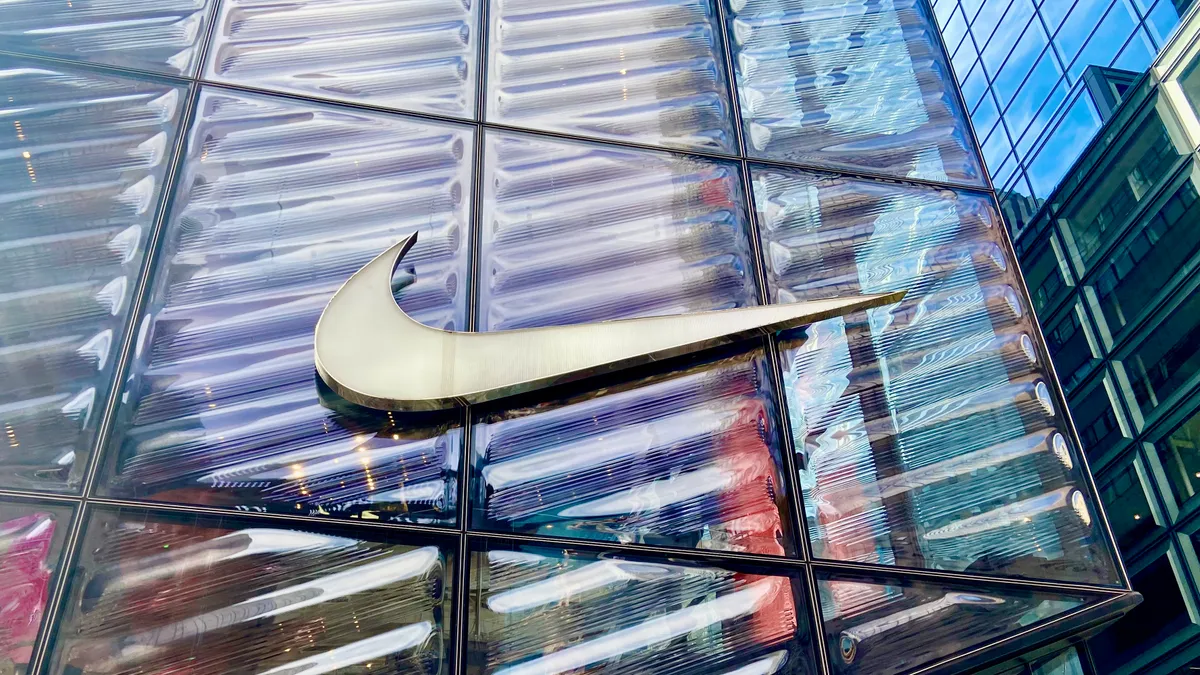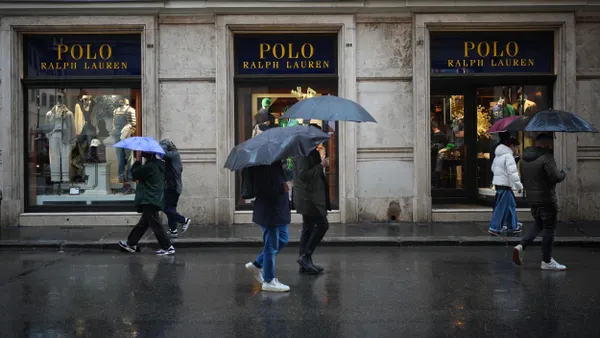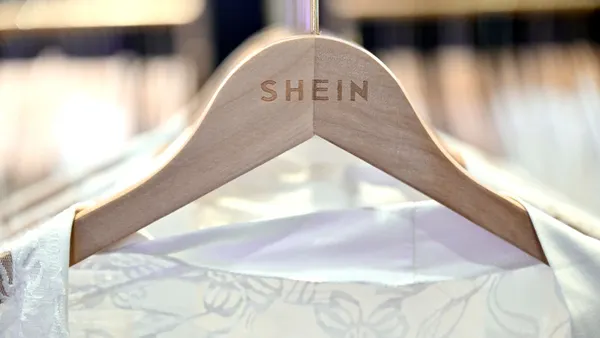Dive Brief:
- U.S. lawmakers wrote letters to the CEOs of Nike, Adidas, Shein and Temu, requesting more information over forced labor concerns regarding the garment material sourcing.
- The U.S. House Select Committee on Strategic Competition between the United States and the Chinese Communist Party is asking the companies to detail their compliance with a 2021 law, the Uyghur Forced Labor Prevention Act, which bans products from Xinjiang region in China.
- The move comes after a bipartisan group of lawmakers requested earlier this week that the Securities and Exchange Commission halt a potential Shein IPO bid until the fast fashion giant confirmed it didn’t use forced labor.
Dive Insight:
The lawmakers are asking Nike and Adidas to confirm their garments do not contain materials sourced from China’s Xinjiang province, and that they’re not made using forced Uyghur labor. They also ask for detailed descriptions of how each company is complying with the UFLPA.
The leaders have asked Shein to clarify its cotton sourcing and production guidelines so that it’s in compliance with Section 321 of the Tariff Act of 1930, and suggested Shein provides “insufficient customs scrutiny to affirm that its products are not produced in whole or in part with forced labor.”
Lawmakers want Temu to confirm that its third-party sellers also don’t use labor from the region.
Both Shein and Temu rely on the portion of the de minimis provision of the act, which mostly exempts packages worth less than $800 from being reviewed. This disproportionately benefits these retailers because their average products sell for just $11 and are shipped individually.
This concern was brought up in another government report in April, which asked lawmakers to ensure that Shein, Temu and other Chinese fast fashion companies were complying with U.S. trade restrictions and intellectual property laws. Shein was founded in China, but is now headquartered in Singapore.
In the series of letters, the committee wrote that it held a hearing in March over China’s Xinjiang province. The congresspeople described hearing firsthand accounts of concentration camps and genocide in the region.
In the hearings, the congresspeople were told that Nike, Adidas and Shein were “‘sourcing garments made not only from cotton from the Uyghur Region but also viscose, lyocell, polyester, leather, and linen from the region,’” the letters read.
The letter to Shein cites a Bloomberg report last year that said tests showed Shein had sourced cotton from the region. The lawmakers are asking Shein to disclose the percentage of its products that are made with cotton fibers and whether or not it specifically prohibits fibers manufactured in the region.
The companies were asked to answer the lawmakers’ questions by May 16.
Temu, Adidas and Nike didn’t respond to Fashion Dive’s requests for comment as of press time.
A Shein spokesperson said in an email that it didn't have any suppliers in the Xinjiang region and that its suppliers were based in Brazil, Southern China and Turkey.
“We take visibility across our entire supply chain seriously, and we are committed to respecting human rights and adhering to local laws in each market we operate in,” the spokesperson said. “Our suppliers must adhere to a strict code of conduct that is aligned to the International Labour Organization’s core conventions. We have zero tolerance for forced labor.











